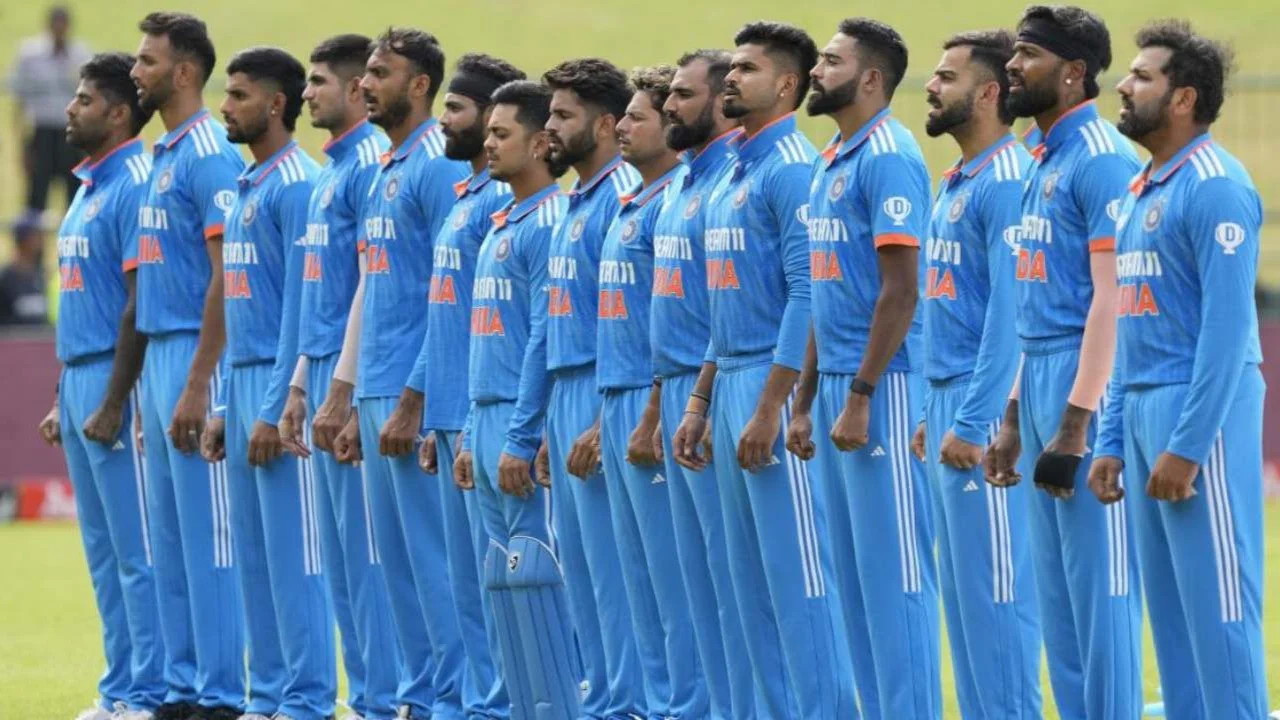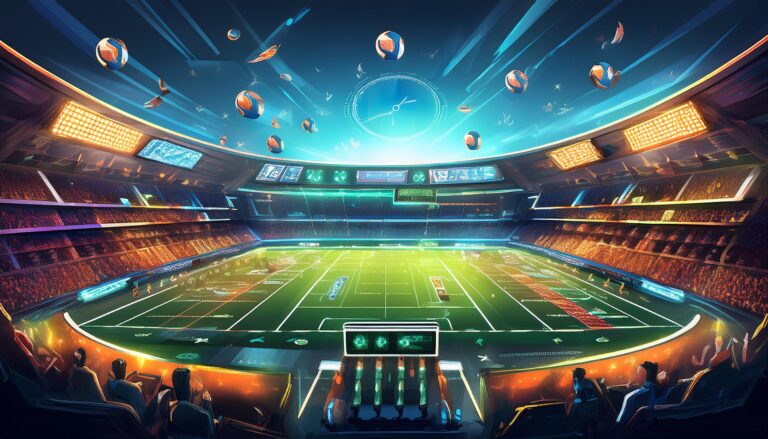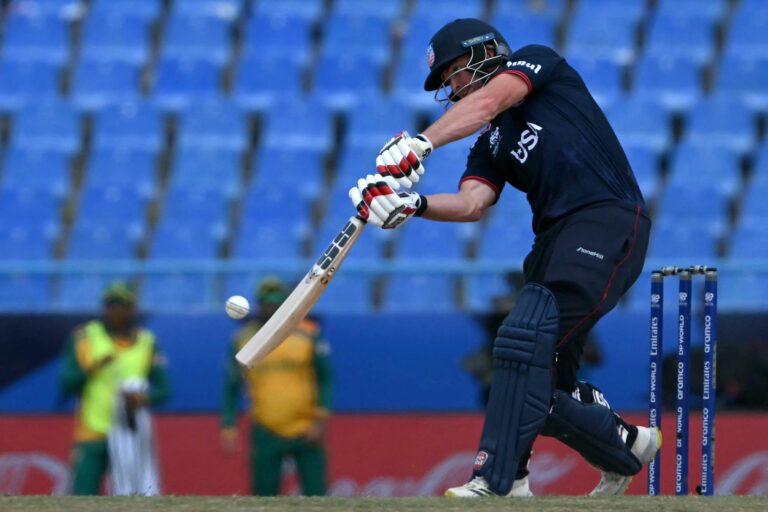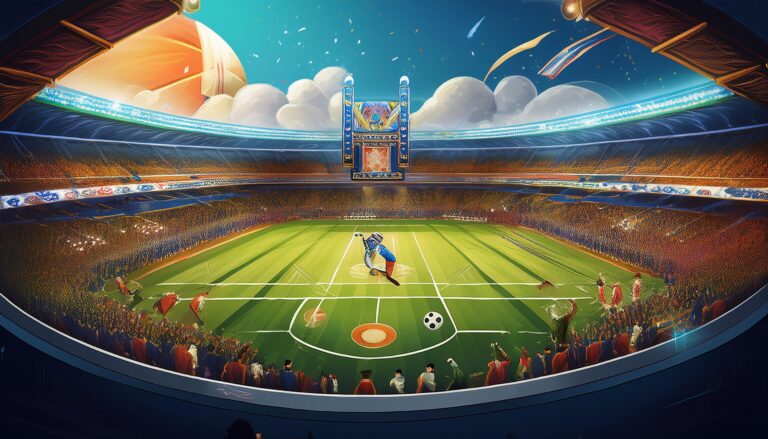Legal Implications of IPL Franchise Ownership Rights: Laser247, Gold365, 11xplay
Laser247, Gold365, 11xplay: Key contractual obligations in sports agreements outline the rights and responsibilities of each party involved. These obligations encompass various aspects such as payment terms, performance expectations, and termination clauses. Clear and concise contractual obligations are essential to ensure all parties understand their roles and obligations throughout the duration of the agreement.
Additionally, key contractual obligations often include provisions related to confidentiality, dispute resolution mechanisms, and compliance with relevant laws and regulations. These provisions help to mitigate risks and provide a framework for addressing any potential issues that may arise during the contractual relationship. By defining these obligations upfront, sports organizations can help prevent misunderstandings and disputes, ultimately fostering stronger and more successful partnerships.
Intellectual Property Rights
Intellectual Property Rights refer to the legal rights that protect creations of the mind, such as inventions, designs, literary and artistic works, and symbols, names, and images used in commerce. It is crucial for sports organizations to understand and protect their intellectual property to prevent unauthorized use or reproduction by others.
In the sports industry, intellectual property rights can encompass trademarks, logos, team names, and even player images. An effective strategy for safeguarding these rights includes registering trademarks, drafting clear licensing agreements, and monitoring for any potential infringements. By properly managing and protecting their intellectual property, sports entities can maintain their brand identity and commercial value.
Player Contracts and Transfers
When it comes to professional sports, player contracts play a crucial role in ensuring the stability and success of a team. These contracts outline the terms and conditions under which a player will compete for a particular team. From salary details to performance expectations, player contracts are meticulously crafted to protect the interests of both the player and the team.
In addition to player contracts, transfers are another key aspect of the sports industry. Transfers involve the movement of players between teams, either through trade agreements or free agency. These transactions are often subject to complex negotiations and can have a significant impact on the dynamics of a team. By carefully managing player contracts and transfers, teams can not only strengthen their rosters but also cultivate a competitive edge in their respective leagues.






